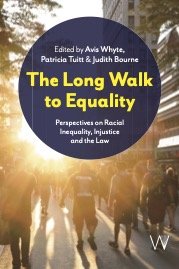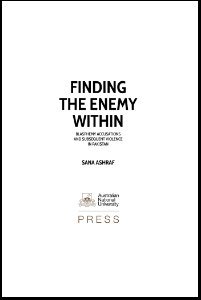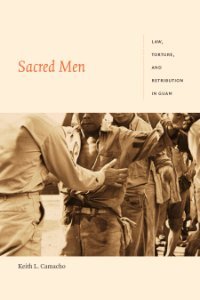Edited by Scherto Gill
Collective efforts to address the legacies of slavery and colonialism tend to orient solely towards dealing with material compensation, such as reducing economic disparity, and levelling access to public services. However, communities directly impacted by the dehumanizing legacies have insisted on a broader reckoning—one that recognizes all dimensions of the harms, including the spiritual injury and the relevant psychosocial trauma inflicted across the generations. They remind us that harms of structural injustice extend beyond the material, the physical and the psychological, also entangling the moral, relational, and spiritual fabric of human life. Understanding harms of inhumanity brings to light the layers of damage and is key to identifying interdisciplinary approaches to collective healing, social transformation and the well-being of all.
This book emerges from the ongoing intellectual dialogue as part of the UNESCO Collective Healing Initiative. The Initiative focuses on healing the wounds of inhumanity, co-creating just societies and enhancing the flourishing of current and future generations.
Berlin; Boston: De Gruyter, 2025, 530p.





















